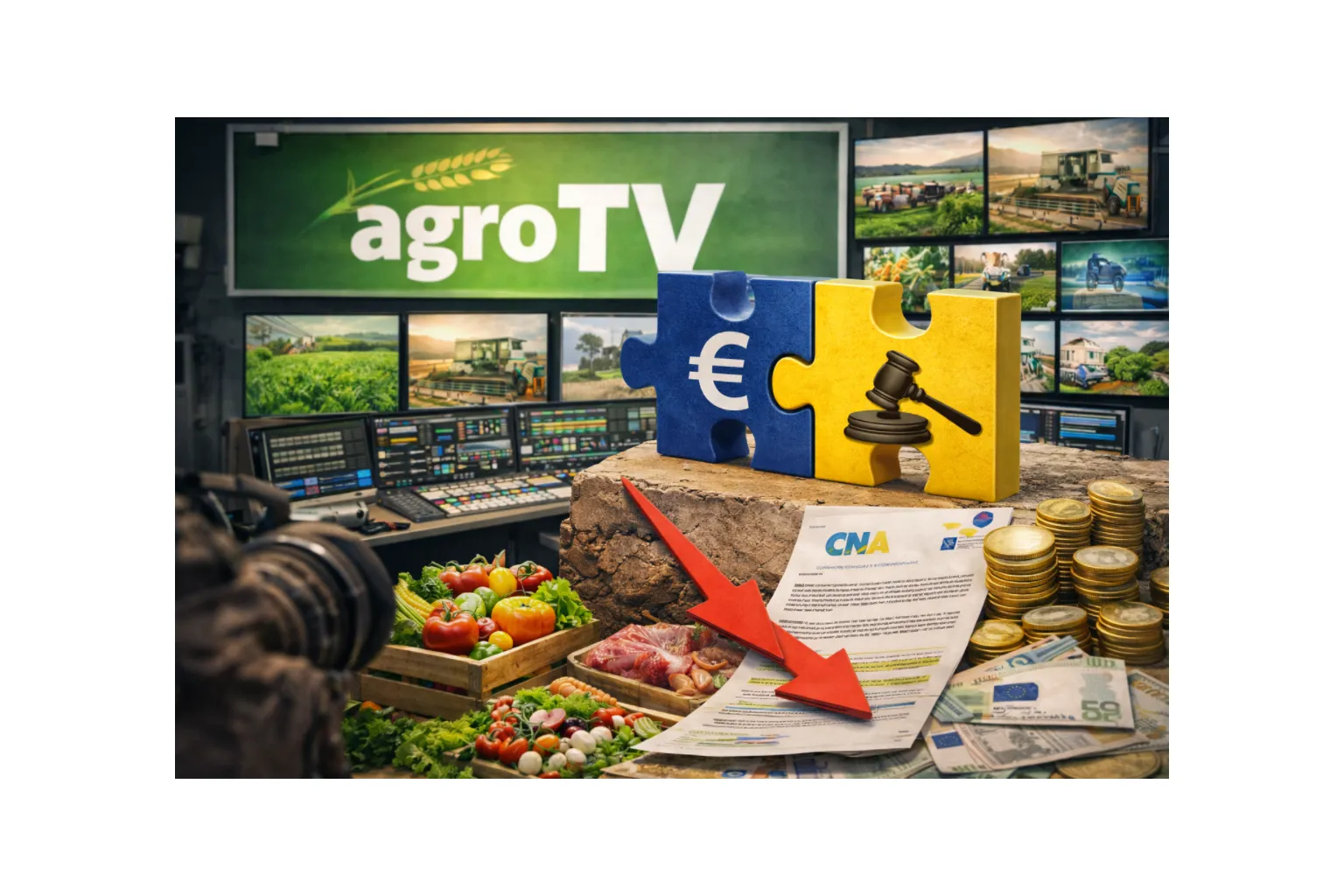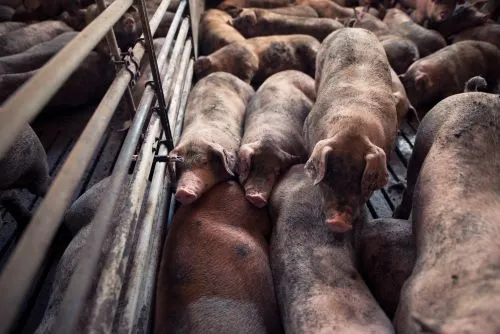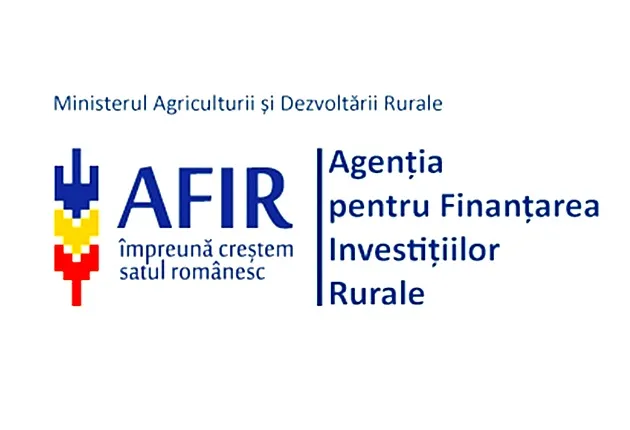1959

Consumers are once again facing a holiday season marked by a high cost of living. Despite a deceleration in the inflation rate in the fast-moving consumer goods (FMCG) sector, it doesn't translate to a reduction in spending on food products.
This trend is reflected in recently published data by NielsenIQ (NIQ), showing that the FMCG sector continues to experience a volume decline, especially in hypermarkets and traditional retail (-5.4% and -4.0% in volume, respectively, in the last 12 months compared to the previous 12 months).
While the main segments of the FMCG market have a higher number of promotions in Q3 2023 (compared to Q3 2022), the effectiveness of promotions for all industries is decreasing.
The number of transactions has seen a significant increase, especially for supermarkets, indicating a trend among Romanians to shop more frequently, trying to keep the total basket value under control.
A practice used by Romanians to manage household budgets has been purchasing private label products, thus raising the market share of these products (18.5% in Q3 2023). The main category is meat, accounting for 10% of total private label products sold in Romania.
However, this year, the prices of private label products have increased rapidly compared to brands. Seventy-five percent of private label product categories recorded value growth in the first nine months of 2023, while only 48% of private label products saw growth in volume.
Most consumers intend to take other measures to save money, even during the holiday season.
According to the latest wave of the Consumer Outlook study conducted by NIQ in August, 55% of global consumers will only buy the products they need to avoid waste, while 17% of those planning to spend less on holidays will replace purchased gifts with homemade options.
Iulia Pencea, General Manager of NIQ Romania, notes:
"Global consumers prioritize home expenses, which influences budgets allocated for socializing or outings. Spending is redirected from large discretionary purchases outside the home to some imitated ones due to reduced budgets after paying for utilities and food. Any indulgence is managed in a calculated manner."
Pencea also mentions that several trends have become evident during the holiday season in recent years, especially in the context of inflation, which has presented challenges for families looking to indulge in extravagant expenses.
Building on the Mid-Year Consumer Outlook study, we can identify several emerging trends:
Trend 1: 57% of global consumers surveyed by NIQ say they will be in the same or even worse financial situation by the end of the year. As a result, 84% are prepared to spend less, the same amount, or none at all on meetings or events during the holidays.
Trend 2: About 18% of respondents still plan to increase their spending on meetings or celebrations this year.
Trend 3: Recent data from retailers and consumer statements suggest a potential strong point for private labels during the holidays.
Trend 4: We can expect to see more consumers comparing products online for holiday meals and gatherings this season. In Romania, the e-commerce channel reached a peak in Q3 2023.
Consumers are adapting to multiple changes by shaping consumption patterns during the winter holiday season. Retailers and manufacturers in the FMCG segment face a combination of selective optimism and calculated spending.
In this context, it is essential for all involved companies to strategically assess the increase in holiday promotions to optimize omnichannel efficiency. This proactive approach is vital to protect market share and profitability when holiday demand slows down.





